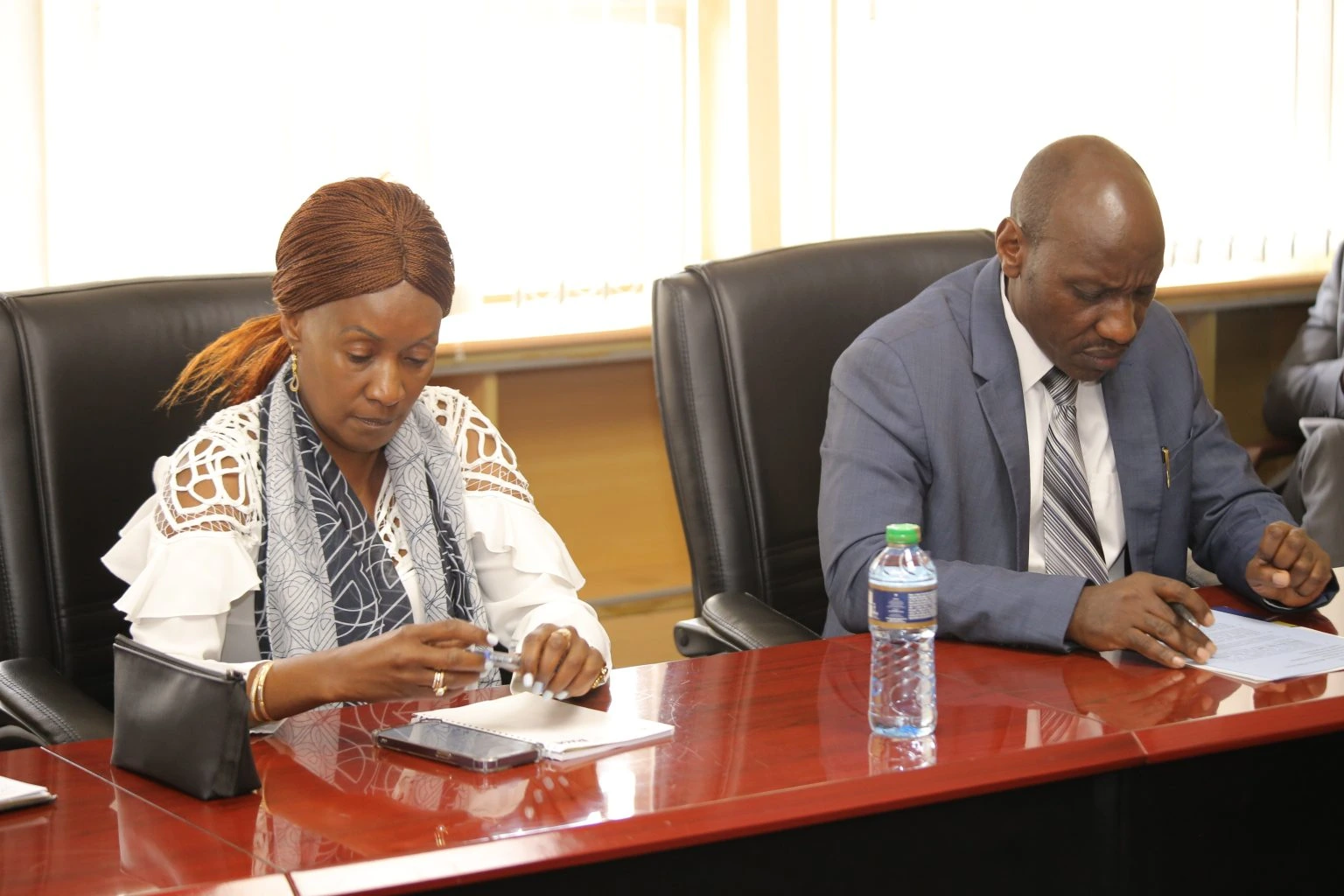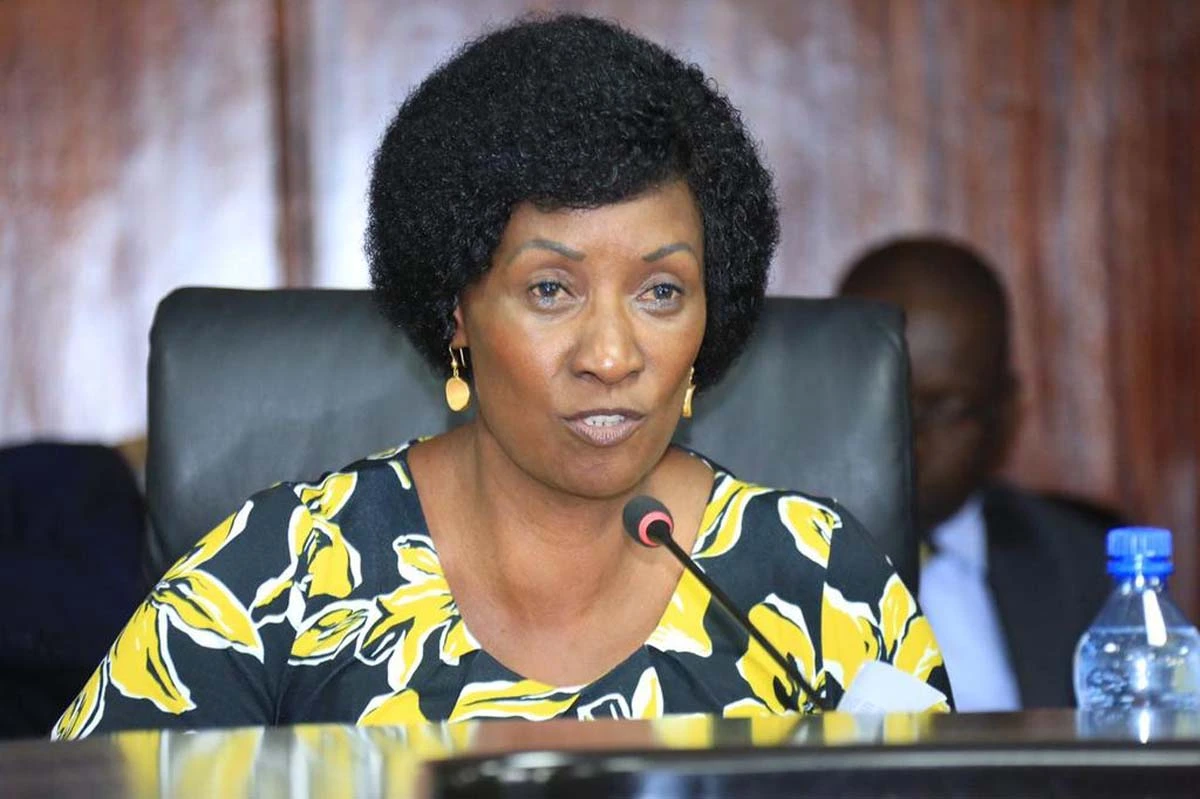The Teachers Service Commission (TSC) and three major teachers’ unions in Kenya have hit a roadblock in their salary review negotiations, sparking frustration among educators. The Kenya National Union of Teachers (Knut), Kenya Union of Post-Primary Education Teachers (Kuppet), and Kenya Union of Special Needs Education Teachers (Kusnet) failed to reach an agreement with TSC representatives on compensation terms during recent talks in Nairobi.
The discussions centered on how to compensate teachers as part of the salary review process. The unions expressed dissatisfaction with TSC’s initial offer, deeming it significantly below their expectations. This impasse has led all parties to schedule further deliberations for the coming week, where revised proposals are expected to be presented.
The talks were expected to align with the 2021-25 Collective Bargaining Agreement (CBA), with Kuppet seeking a basic salary increase ranging from 30% to 70% for its members. Meanwhile, Knut aimed for a 60% pay raise for its teachers. However, TSC’s offer diverged from these expectations, leaving union leaders dissatisfied.
Knut and Kuppet secretaries-general Collins Oyuu and Akelo Misori contested TSC’s approach, which seemed influenced by President William Ruto’s recent statements and the guidance from the Salaries and Remuneration Commission (SRC). The unions argued that TSC, as an independent entity, has the authority to set salaries without directives from the salaries commission.
Furthermore, the unions were disheartened by TSC’s proposal to alter the previously recommended seven to ten percent salary increment for higher-grade teachers. Instead, TSC suggested a mere 2.5% increase for this group. Even for lower-grade teachers, the proposed increment was lower than the 9.5% initially recommended by SRC.
With Kenya’s inflation rate standing at around seven percent, a pay rise below this threshold would fail to mitigate the impact of rising costs of goods and services on educators’ livelihoods.
“The 7 to 10 percent was meant to cushion teachers and public servants during these harsh economic times. So, while we appreciate the President’s sentiments, we also need to engage with TSC to address the disparity between our expectations and their offer,” voiced Misori after the meeting with TSC representatives.
Oyuu echoed this sentiment, emphasizing that the proposed figures fell short of both the President’s statement and SRC’s guidance. He remarked, “We anticipated the President’s announcement to be in line with TSC’s proposal, but what we’ve received does not align with our expectations.”
Despite these challenges, both unions recognized the progress achieved by engaging in negotiations. They acknowledged TSC’s invitation for talks as a step in the right direction, fostering hope for further dialogue to reach a mutually beneficial resolution.
As the negotiations continue, educators and the public are keenly observing the outcomes of these discussions, which carry the potential to impact the well-being of teachers across the country.




